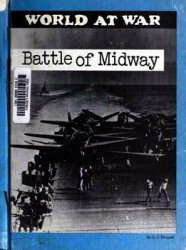Under the law, museums (including universities) receiving federal funds and federal agencies were required to inventory their collections of human remains and associated funerary objects regardless of the ownership of the land from which they were acquired. In consultation with tribes and Native Hawaiian organizations, they were required to determine the cultural affiliation of these human remains and objects whenever possible. Each museum and agency had to provide affected groups with this inventory and a summary of its collections of unassociated funerary objects (those without associated human remains), sacred objects, and objects of cultural patrimony. The Secretary of the Interior is required to publish notice of completed inventories and intended repatriations in the Federal Register. Native American lineal descendants, federally recognized Indian tribes, and Native Hawaiian organizations that are identified by the museum or agency as culturally affiliated (or that separately demonstrate their cultural affiliation) are entitled to the repatriation of the affiliated remains or other cultural items from the custodial institution so long as there are no competing claims.
NAGPRA provides museums and agencies with deadlines for the distribution of inventories and summaries. However, there is no deadline for culturally affiliated tribes and Native Hawaiian organizations to make a claim (so long as the museum or agency has not repatriated the human remains or other cultural items to another claimant). In the absence of a claim, the museum or agency retains the human remains or objects.
The law does not explicitly provide for the disposition of culturally unidentifiable human remains or other cultural items (those lacking cultural affiliation). Museums repatriating such remains and objects on their own initiative do so without the shield from legal claims of breach of fiduciary duty, public trust, or violations of state law that NAGPRA provides for repatriations that are accomplished pursuant its provisions.
NAGPRA does not prohibit scientific study of human remains or objects in museum or agency collections. It includes a rarely, if ever, used provision that permits delay of repatriation for the completion of scientific study whose outcome would be of ‘major benefit to the United States’.




 World History
World History









